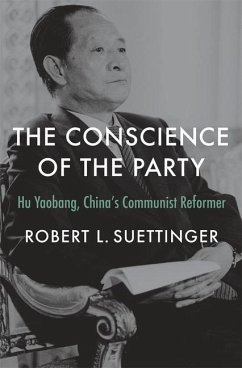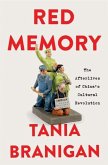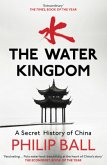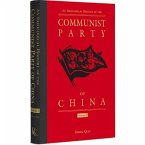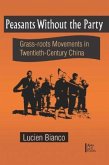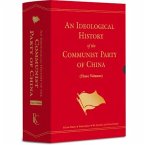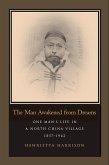The definitive story of a top Chinese politician's ill-fated quest to reform the Communist Party. When Hu Yaobang died in April 1989, throngs of mourners converged on the Martyrs' Monument in Tiananmen Square to pay their respects. Following Hu's 1987 ouster by party elders, Chinese propaganda officials had sought to tarnish his reputation and dim his memory, yet his death galvanized the nascent pro-democracy student movement, setting off the dramatic demonstrations that culminated in the Tiananmen massacre. The Conscience of the Party is the comprehensive, authoritative biography of the Chinese Communist Party's most avid reformer and its general secretary for a key stretch of the 1980s. A supremely intelligent leader with an exceptional populist touch, Hu Yaobang was tapped early by Mao Zedong as a capable party hand. But Hu's principled ideas made him powerful enemies, and during the Cultural Revolution he was purged, brutally beaten, and consigned to forced labor. After Mao'sdeath, Hu rose again as an ally of Deng Xiaoping, eventually securing the party's top position. In that role, he pioneered many of the economic reforms subsequently attributed to Deng. But Hu also pursued political reforms with equal vigor, pushing for more freedom of expression, the end of lifetime tenure for CCP leaders, and the dismantling of Mao's personality cult. Alarmed by Hu's growing popularity and increasingly radical agenda, Deng had him purged again in 1987. Historian and former intelligence analyst Robert L. Suettinger meticulously reconstructs Hu's life, providing the kind of eye-opening account that remains impossible in China under state censorship. Hu Yaobang, a decent man operating in a system that did not always reward decency, suffered for his principles but inspired millions in the process.
Bitte wählen Sie Ihr Anliegen aus.
Rechnungen
Retourenschein anfordern
Bestellstatus
Storno

